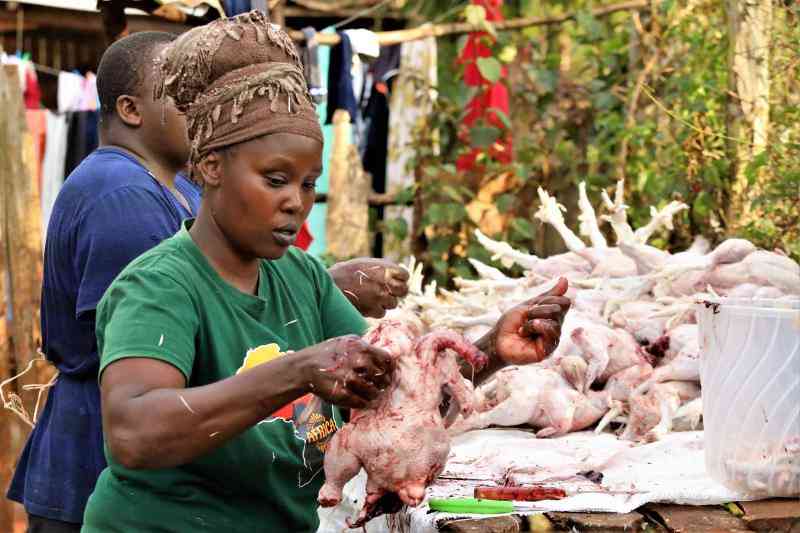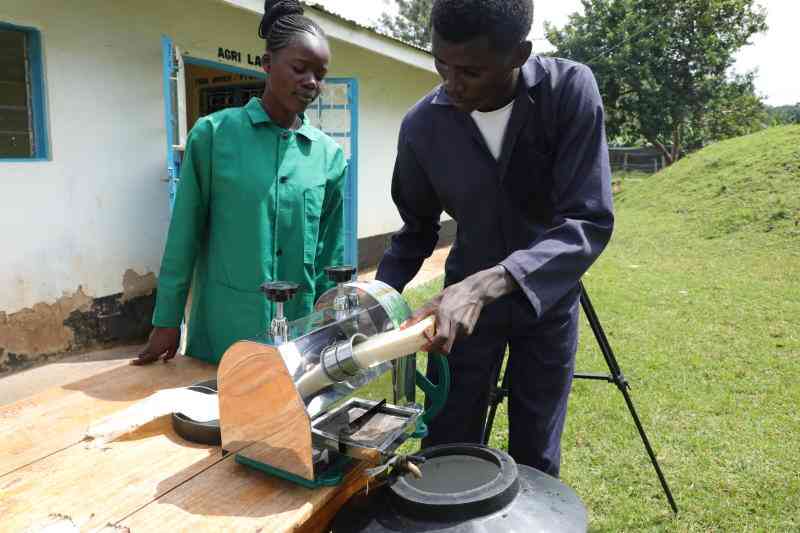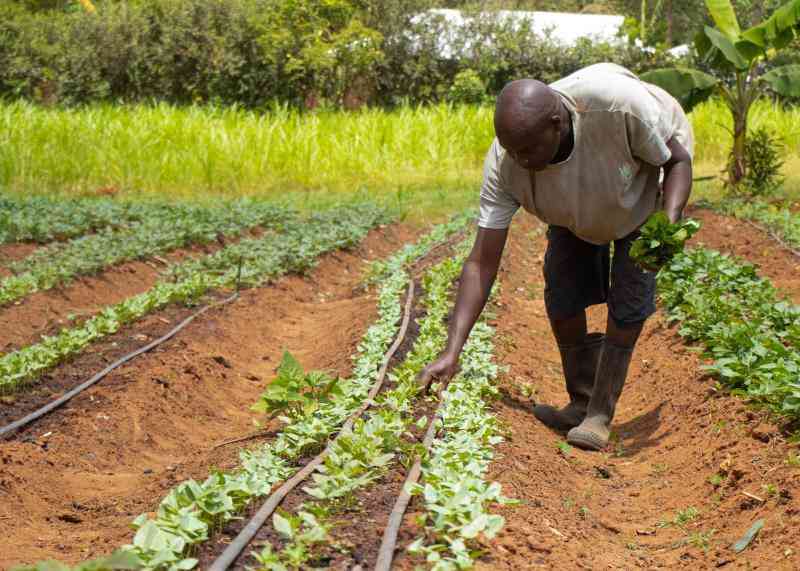Why you may not afford to own a horse
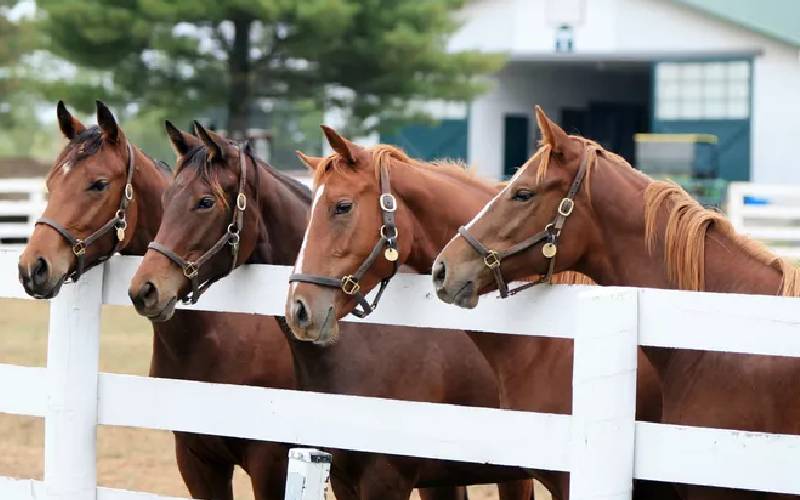
You have been scaling the heights of self-actualization quite decently. You play golf on the weekends, November will find you in Qatar watching the World Cup, you could have married in Mexico but love is for the birds, and now you’re thinking about a pet. Not a dog, a real pet. A pet that’ll ruffle a few feathers here and there, a pet that deserves an owner like you, or should we say a pet with some horsepower? So a horse has been at the top of your list. You’ve always loved horses, the same kind of ‘love’ you have for golf.
Like you, I love horses, but Dr. Paul Kang’ethe, the resident veterinarian here at The Standard Group, reminds me that not every horse lover can or should own a horse. Horses are known to be a huge investment both financially and emotionally. They are not for the faint of heart, and especially not for the faint of wallet. The mere cost of a horse, a horse trainer or the feeds and supplies that your horse will require, should fizzle out your interest just as quickly as it had bloomed. But you’re nothing like the rest of us. You go for what you want. In that case, my business here is to list some of the items you will require on a monthly basis.
Board
This will be the biggest cost that you will have to cover after you acquire your horse. Dr. Paul casually discloses to me that a horse will set you back anything between Sh600,000 to 3 million Kenyan shillings, peanuts, right?
“The more talented the horse, the more expensive you should expect to purchase it. A racing horse that has been trained will cost you far more than a yearling that comes ready to begin training. Again, horses are classified into three categories; race horses, polo horses and show jumping horses, often referred to as leisurely horses,” he explains. Training your horse will be done by a trainer, registered under the Jockey Club of Kenya.
Full boarding costs for your horse will include feeding, stall cleaning and grooming. Depending on the boarding facility that you choose the monthly costs will fluctuate between Sh33,000 on the lower spectrum and anything beyond, subject to the needs of your horse.
Other costs such as veterinary care and farrier care are footed separately by the owner of the horse.
Lessons
Chances are, like most of us, you did not grow up strolling in stables or taking horse riding classes. And if you are going to buy a horse for such an amount, you should be able to saddle up your horse, at the very least. For that you will require a professional instructor to continually assist you in developing your skills.
Competitions
You might want to participate in competitions or certain events with your horse. In such cases, expect to cater for costs such as transportation, entry fees, special equipment and sometimes outfits for your horse. Dr. Paul says that the cheapest of the list will be the entry fees.
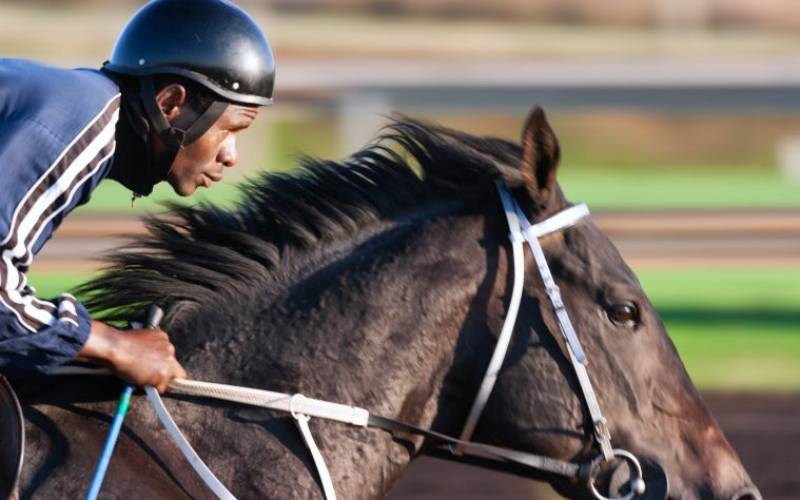
Veterinary costs
By now you’re probably feeling the heat in your pocket, but if that’s not bad enough, the veterinary costs are even higher. Your veterinarian will come up with a tailormade program for your horse for needs such as deworming, vaccination and dental care. Depending on the activities that your horse will be partaking, emergency medical costs and special care will come up from time to time. This may include acupuncture or chiropractic work. To cover these unexpected costs, horse owners may choose to take out medical insurance covers for their horses. It should come as no surprise that your horse’s health may end up costing more than your own.
All said and done, horse ownership will cost you an arm and a foot. Miscellaneous costs will constantly creep up and feeds and supplements will continue to increase in price. Before you ship one from Zimbabwe or Dubai, (Dr. Paul mentioned that the best breeds come from the two countries), consider getting a budget drawn up for you by a certified trainer. This will help you determine what percentage of your disposable income will be taken up by your horse.
Want to get latest farming tips and videos?
Join Us
Share this article on social
 The Standard Group Plc is a multi-media organization
with investments in media platforms spanning newspaper print operations,
television, radio broadcasting, digital and online services. The Standard Group
is recognized as a leading multi-media house in Kenya with a key influence in
matters of national and international interest.
The Standard Group Plc is a multi-media organization
with investments in media platforms spanning newspaper print operations,
television, radio broadcasting, digital and online services. The Standard Group
is recognized as a leading multi-media house in Kenya with a key influence in
matters of national and international interest.
 The Standard Group Plc is a multi-media organization
with investments in media platforms spanning newspaper print operations,
television, radio broadcasting, digital and online services. The Standard Group
is recognized as a leading multi-media house in Kenya with a key influence in
matters of national and international interest.
The Standard Group Plc is a multi-media organization
with investments in media platforms spanning newspaper print operations,
television, radio broadcasting, digital and online services. The Standard Group
is recognized as a leading multi-media house in Kenya with a key influence in
matters of national and international interest.



